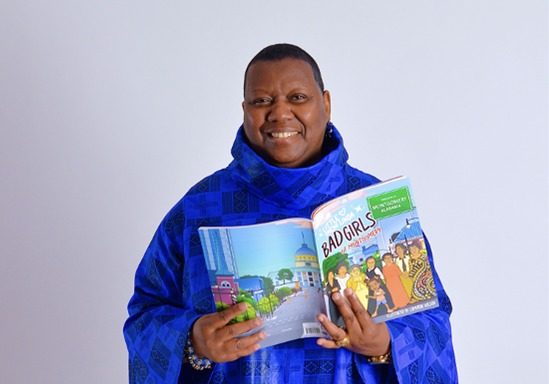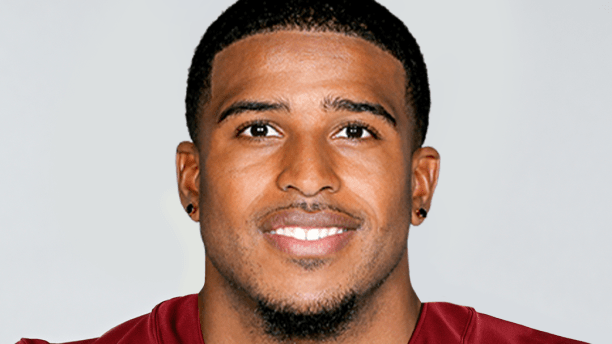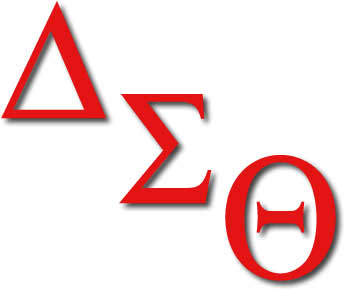For many, the respect and adoration for HBCUs has come from those in your circle: your parent, your teacher, your big brother or sister figure. For Johnson C. Smith University graduate James Ewars, the support he received from HBCU grads in his life growing up has made a world of difference. Learn about his story and how HBCUs differ in his eyes from his recent story in The Charlotte Post.
Historically Black Colleges and Universities have always been academic cathedrals of learning, hope and inspiration. Long ago and years gone by, they created educational opportunities for people who look like me.

They continue to provide the knowledge needed to compete today.
The HBCU community is spread throughout the world. Alumni from these schools have achieved and excelled at a high level.
I grew up in a North Carolina city that was surrounded by HBCUs. Within a short drive there were at least five of them.
In a good way, I took them for granted. Growing up in Winston-Salem, I could walk to Winston-Salem Teachers College, now Winston-Salem State University. On my street lived Dr. Kenneth R. Williams, a former president of the school.
And around the corner was Clarence “Big House” Gaines, his wife Clara and their two children. I had a first-hand view of the legend of Coach Gaines before he was a legend.
I would see players like Earl “The Pearl” Monroe, Richard Glover and Ted Blunt on a regular basis. I do not know at what point I began to realize these guys were star basketball players.
Mrs. Gaines, who passed away recently, was my Latin teacher at Atkins High School.

The HBCU mindset was imbedded in me at an early age. Older guys on my street like Ray Joyner (Lincoln University of Pennsylvania), and James Arthur Price (North Carolina College, now North Carolina Central University) would come home during their breaks and talk about these schools.
They were recruiting and did not know it.
My teachers at Atkins High were HBCU graduates. They often talked about their college experiences and how they became teachers. We had HBCU ambassadors teaching us every day.
These early times of having HBCU students in my neighborhood and HBCU alumni as teachers were fundamental in my developing a love for HBCUs.
All of this was coupled with the fact that each year at the Memorial Coliseum, there was the CIAA basketball tournament. The CIAA, the oldest African American athletic conference in America, was founded in 1912.
As elementary and high school kids, we would go and have fun. If you have never attended a CIAA basketball tournament, you are missing out on a grand celebration of HBCU excellence.
There is so much to do and see. I cannot describe it. You just have to go.
The majority of HBCUs are in the South. The oldest HBCU is Cheney University of Pennsylvania, founded in 1852.
As I matured, I knew I would attend a Black college. There was never a question about it.
I am a graduate of Johnson C. Smith University. It was founded in 1867. I have countless memories of my JCSU days and I hold them close to my heart. I was blessed to have attended JCSU.
HBCUs continue to make history. Kamala Harris, a graduate of Howard University in Washington D.C., is vice president of the United States.
It is great that Chris Paul (basketball) and Deion Sanders (football) are using their platforms to talk about the importance of HBCUs. Philanthropist MacKenzie Scott has given away millions of dollars to our schools so that they can continue their missions.
Our schools have endured the trials and the tough times. The light will never go out on Historically Black Colleges and Universities.
Their importance to the world is too great.
James Ewers lives in New Orleans.



